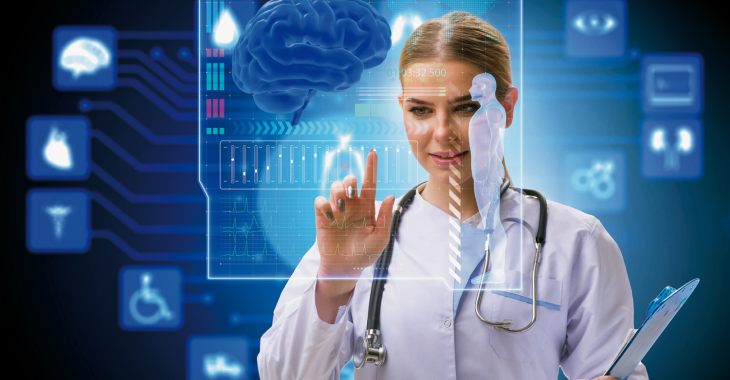In a recent statement, Professor Andrew Elder, the President of the Royal College of Physicians of Edinburgh, emphasized the pivotal role of doctors with knowledge of artificial intelligence (AI) in the evolving landscape of healthcare. According to Elder, AI will not replace doctors but will significantly impact medical practices, making those with AI knowledge more adept in their profession.
Elder highlighted the potential of AI to enhanceAI in Healthcare Transformation the efficiency and speed of medical tasks such as diagnosis and surgery. While acknowledging the transformative power of AI, he estimated that it might take a couple of decades for the technology to play a significant role in disease diagnosis. Nevertheless, he emphasized that even with the integration of AI, the human application of judgment would persist.
“The advantages of AI would be so great that a doctor who says ‘I am not using AI at all’ will not be as able in his practice as a doctor who uses AI. Too often, we think about humans against technology, and sometimes humans or technology. It should be human with technology,” Elder stated.
As a seasoned consultant in medicine for elderly individuals with 28 years of experience in England’s National Health Service (NHS), Elder anticipates a potential reduction in the number of doctors due to the impact of AI. However, he firmly believes that AI will not entirely replace them.
“There are at the moment some applications of AI in procedures, but most of the robotic surgeries we have been hearing about do not involve AI…. There are some limited applications in procedures of surgery at the moment, but not that widespread,” he added.
Elder also touched upon AI’s role in drug manufacturing, citing its contribution to the rapid development of vaccines during the COVID-19 pandemic. While recognizing AI’s effectiveness in certain applications, he cautioned against the risks associated with its development by untrained individuals, especially in the field of medical science.
“I think that if the development of AI in healthcare is predominantly in the hands of people who are not medically trained, it could go in all sorts of unhelpful directions driven primarily by commercial interests either to generate income or to make healthcare less costly. It’s very important for people who understand patient care and science to be involved in the development,” Elder concluded.
This insight from a leading figure in the medical community underscores the ongoing transformation in healthcare, highlighting the need for a harmonious collaboration between medical expertise and technological advancements.



![[CITYPNG.COM]White Google Play PlayStore Logo – 1500×1500](https://startupnews.fyi/wp-content/uploads/2025/08/CITYPNG.COMWhite-Google-Play-PlayStore-Logo-1500x1500-1-630x630.png)